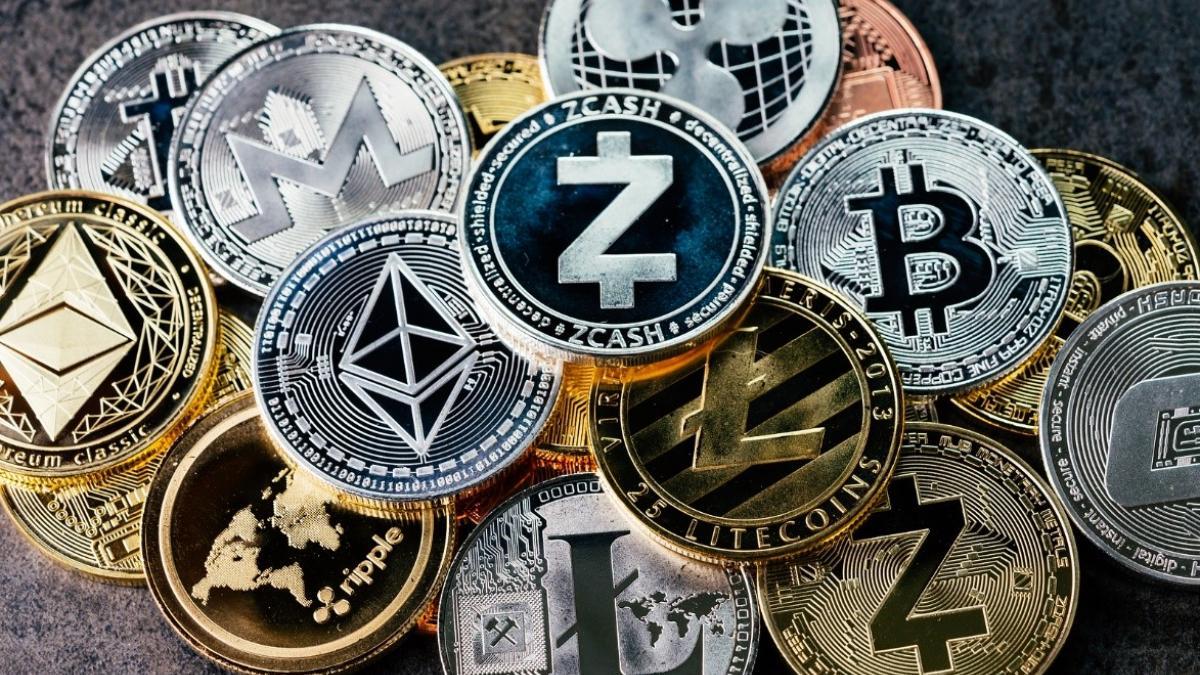Fed official touts DeFi as ally, not rival, to traditional finance
A Federal Reserve official recognizes DeFi as an ally, rather than a rival, to traditional finance. Explore the implications of this perspective on the financial industry.

Federal Reserve Governor Christopher J. Waller has expressed the view that decentralized finance (DeFi) is more likely to complement traditional finance rather than replace it entirely. Speaking at the Vienna Macroeconomics Workshop on October 18, Waller addressed the ongoing discussions about DeFi's role in the financial system, recognizing its innovations while underscoring the lasting importance of centralized finance.
A Complementary Financial System
Waller emphasized that intermediaries, often referred to as "middlemen," play a crucial role in managing the complexities of financial transactions. He pointed out that the advantages of established centralized systems, such as reduced transaction costs and the establishment of trust, remain relevant in today's evolving financial landscape.
He stated:
“DeFi has brought new technologies that can improve efficiency, but it cannot substitute for the complex and trusted systems that centralized finance has developed over centuries.”
While acknowledging the technological advancements introduced by DeFi that could streamline and lower the costs of financial activities, Waller cautioned against the idea of a fully decentralized financial system, asserting that intermediaries still fulfill essential functions for most individuals. He remarked:
“The idea that finance can be fully decentralized is unrealistic.”
Waller noted that while DeFi platforms may lessen the need for certain intermediaries, the necessity for trust in financial systems remains critical. He highlighted that many crypto exchanges often reintroduce the intermediary roles that DeFi aims to eliminate.
Benefits and Challenges of DeFi
One of the significant advantages Waller discussed is the potential of distributed ledger technology (DLT), tokenization, and smart contracts to enhance the speed and accuracy of financial transactions. He mentioned that these technologies could be particularly beneficial for tasks such as recordkeeping in a 24/7 trading environment. For example, smart contracts can automatically execute complex transactions by ensuring that all terms are met, potentially reducing the settlement risks associated with manual processes.
Waller pointed out that several financial institutions are already exploring DLT to enhance traditional trading methods, such as the use of blockchain in repurchase agreement (repo) markets. He stated:
“The bottom line is that things like DLT, tokenization, and smart contracts are just technologies for trading that can be used in DeFi or also to improve efficiency in centralized finance. That is why I see them as complements.”
However, Waller was clear that the efficiencies offered by DeFi come with challenges, particularly concerning regulatory oversight and security. He raised concerns about the risks associated with decentralized systems, including the potential for illicit financing and the lack of established trust mechanisms that are foundational to centralized finance.
According to Waller:
“Centralized finance relies on regulatory frameworks to ensure financial stability and prevent illegal activities, and similar guardrails may be necessary in the DeFi space.”
Final Thought
In summary, Waller's remarks highlight the potential for DeFi to serve as a valuable ally to traditional finance, enhancing efficiency while acknowledging the indispensable role of intermediaries and regulatory frameworks. As the financial landscape continues to evolve, the collaboration between DeFi and traditional finance may pave the way for a more integrated and efficient financial system.
Understanding DeFi and Its Relationship with Traditional Finance
Q1: What is DeFi?
A: Decentralized Finance (DeFi) is a blockchain-based financial system that operates without traditional intermediaries like banks, using smart contracts and cryptocurrency to conduct financial transactions.
Q2: How does DeFi differ from traditional finance?
A: Unlike traditional finance, DeFi:
- Operates on blockchain networks
- Eliminates central intermediaries
- Provides 24/7 access to financial services
- Offers greater transparency
- Allows for more direct peer-to-peer transactions
Q3: Is DeFi going to replace traditional banking?
A: According to Fed Governor Christopher J. Waller, DeFi is more likely to complement rather than replace traditional finance. Intermediaries still play a crucial role in managing financial complexities.
Technology and Functionality
Q4: What technologies power DeFi?
A: Key technologies include:
- Blockchain
- Smart contracts
- Distributed ledger technology (DLT)
- Tokenization
- Cryptocurrency
Q5: What financial services can DeFi provide?
A: DeFi platforms offer services such as:
- Lending and borrowing
- Trading
- Savings accounts
- Insurance
- Derivatives
- Crowdfunding
Risks and Challenges
Q6: What are the main risks associated with DeFi?
A: Key risks include:
- Security vulnerabilities
- Smart contract exploits
- Regulatory uncertainty
- Market volatility
- Liquidity risks
- Potential for illegal activities
Q7: How secure is DeFi?
A: While DeFi offers innovative security features, it's not without risks. Users should:
- Conduct thorough research
- Understand platform mechanisms
- Use robust security practices
- Diversify investments
- Stay informed about potential vulnerabilities
Regulatory Perspective
Q8: What is the government's stance on DeFi?
A: Regulators like the Federal Reserve are:
- Studying DeFi's potential
- Considering regulatory frameworks
- Recognizing both opportunities and challenges
- Seeking to protect consumers
- Exploring ways to integrate DeFi technologies
Q9: Do DeFi platforms need regulation?
A: Most experts, including government officials, believe some level of regulation is necessary to:
- Prevent illegal activities
- Protect consumer interests
- Ensure financial stability
- Manage systemic risks
- Provide consumer protection
Investment and Participation
Q10: How can someone start with DeFi?
A: Recommended steps:
- Educate yourself about blockchain and cryptocurrencies
- Start with small investments
- Use reputable platforms
- Understand the technologies involved
- Be aware of risks
- Keep up with market trends
Q11: What skills are needed to participate in DeFi?
A: Recommended skills include:
- Basic understanding of blockchain technology
- Cryptocurrency knowledge
- Risk management
- Technical literacy
- Financial planning
- Continuous learning mindset
Future Outlook
Q12: What is the future of DeFi?
A: Experts predict:
- Increased institutional adoption
- More sophisticated technologies
- Enhanced security mechanisms
- Better regulatory frameworks
- Greater integration with traditional finance
- Continued innovation
Q13: Will traditional banks adopt DeFi technologies?
A: Many financial institutions are already exploring:
- Blockchain technologies
- Smart contract implementations
- Tokenization
- Improved transaction systems
- Digital asset management
Technical Considerations
Q14: What are smart contracts?
A: Smart contracts are self-executing contracts with terms directly written into code, automatically enforcing and executing agreement conditions without intermediaries.
Q15: How do transaction costs compare between DeFi and traditional finance?
A: DeFi often offers:
- Lower transaction fees
- Faster processing times
- More transparent fee structures
- Direct peer-to-peer transactions
Final Advice
Q16: What should potential DeFi users keep in mind?
A: Key considerations:
- Always do thorough research
- Start with small investments
- Understand the technologies
- Be aware of risks
- Stay informed about market developments
- Use robust security practices
- Diversify investments
What's Your Reaction?














